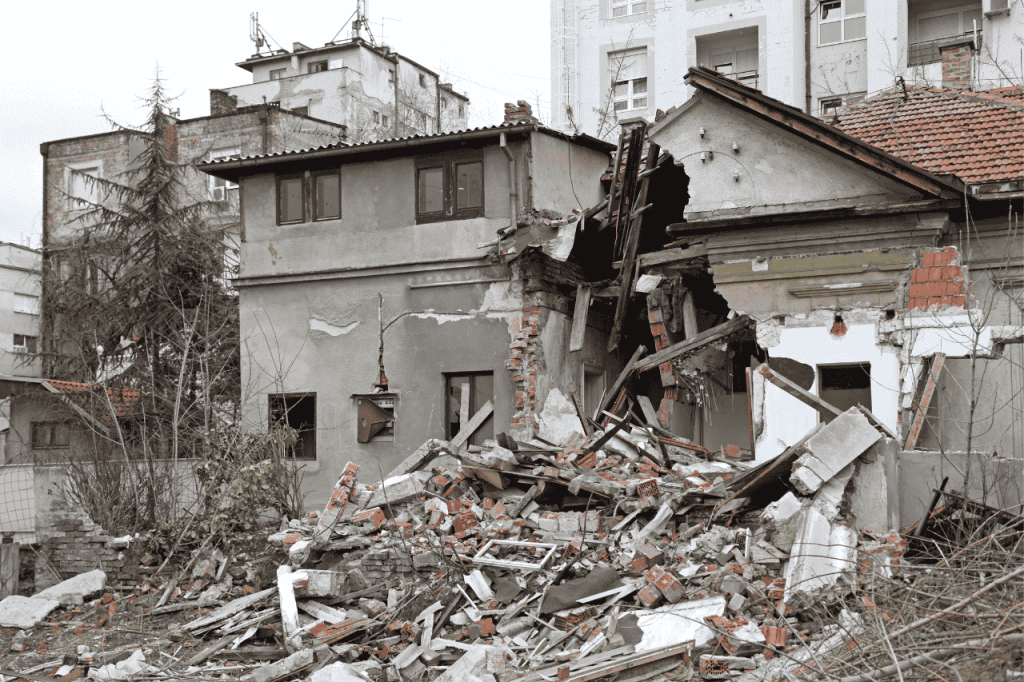Contrary to widespread belief, Nigeria is not immune to earthquakes or other climate change-induced disasters, according to Anietie Ikott, a Uyo-based scientist and Chief Executive Director of Anirich Nigeria Limited.
Climate Change and Earthquake Risks in Nigeria
While many Nigerians assume the country is outside global seismic zones, Ikott insists this assumption is outdated and dangerous. Speaking during a press briefing in Uyo, Akwa Ibom State, Ikott challenged claims by some scientists that Nigeria lies outside earthquake-prone regions.
“Earthquakes can strike any country, anytime, anywhere. Nigeria is no exception,” he warned.
Ikott cited recent tremors recorded in Abuja and parts of western Nigeria as strong evidence that seismic activity is a real and growing threat within the country.
Tremors and Signs of Seismic Activity in Nigeria
Although major earthquakes have historically been rare in Nigeria, tremors—mild seismic movements often preceding larger quakes—have been reported in several parts of the country in recent years. Notably, mild tremors were felt in Abuja and some western states, raising fresh concerns among geologists and emergency management experts.
Ikott stressed that these incidents are “clear proof” that Nigeria is not exempt from seismic threats. He cautioned that any region affected by a serious earthquake would suffer lasting consequences, especially in densely populated urban centers lacking earthquake-resistant infrastructure.
Nigeria’s Broader Climate Disaster Risks
Beyond seismic activity, Ikott emphasized that Nigeria is already experiencing the effects of climate change in more visible and devastating forms. These include:
- Violent windstorms that have damaged homes, schools, and farmlands
- Excessive rainfall and flash floods that have displaced thousands
- Massive infrastructure loss, including damage to roads, bridges, and power facilities
- Human fatalities and property destruction, particularly in disaster-prone states like Niger and Borno
“We have witnessed frequent climate-related disasters. These events are not random,they are linked to our changing climate and poor environmental planning,” Ikott said.
Why Preparedness Matters Now More Than Ever
The warning comes as Nigeria continues to grapple with the growing impact of climate change, from desert encroachment in the north to rising sea levels in coastal regions like Lagos and Bayelsa.
Environmental experts have long called for better urban planning, early warning systems, and disaster preparedness strategies. However, Ikott’s remarks highlight a specific risk that has remained largely underestimated in public discourse—earthquakes.
What Can Be Done?
Ikott called on government agencies, academic institutions, and private organizations to take the following steps:
- Invest in seismic monitoring infrastructure
- Update building codes to include earthquake resistance
- Promote nationwide disaster awareness and education
- Integrate climate risk assessments in urban development plans
He also urged Nigerians to demand accountability from leaders and policymakers in implementing long-term environmental resilience strategies.
Conclusion: Nigeria Must Acknowledge Its Vulnerability
The belief that Nigeria is shielded from earthquakes could prove costly if not urgently reconsidered. With climate change accelerating the frequency and intensity of natural disasters globally, Nigeria must begin to prepare for risks once thought impossible.
As tremors quietly shake parts of the nation, Ikott’s warning serves as a wake-up call for policymakers, builders, urban planners, and everyday citizens: Nigeria is not immune. Preparedness is not optional—it is urgent.

